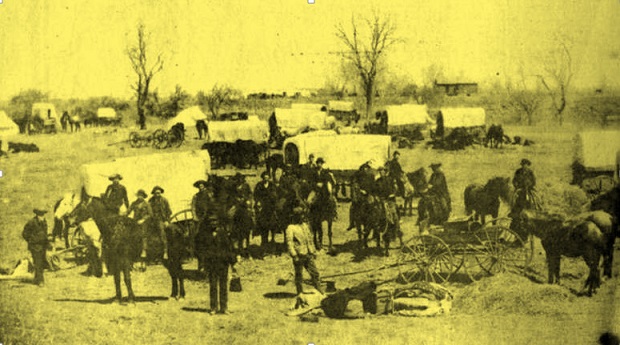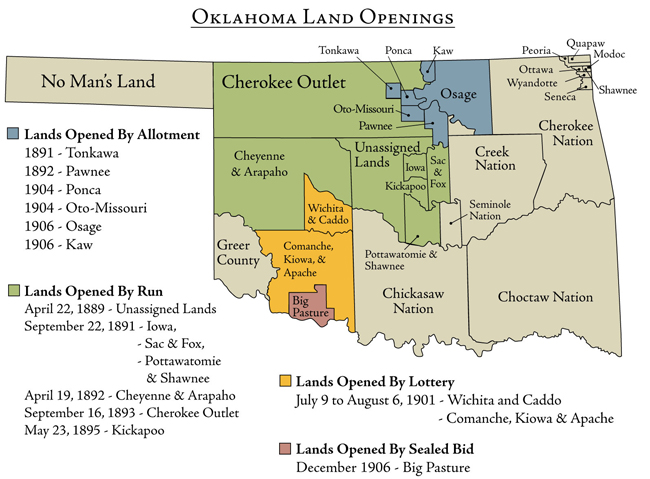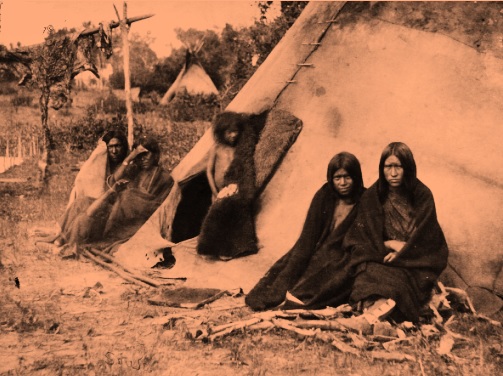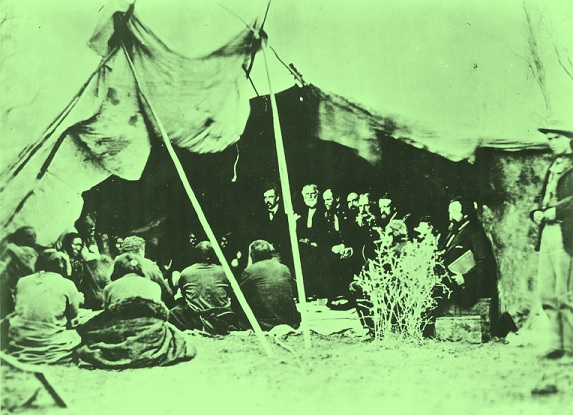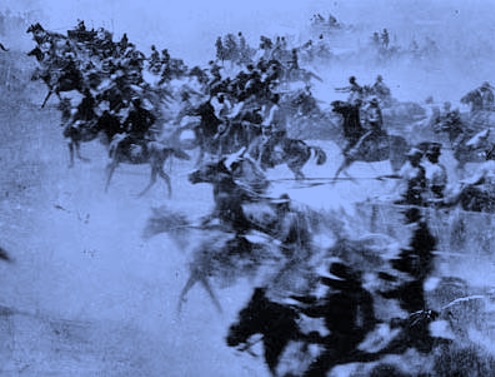 I may have mentioned how giddy I was to come across a wonderful piece by Helen Churchill Condee in Harper’s Weekly, from way back on February 23, 1901. When you combine insight, knowledge, and pithy writing, you have my heart forever.
I may have mentioned how giddy I was to come across a wonderful piece by Helen Churchill Condee in Harper’s Weekly, from way back on February 23, 1901. When you combine insight, knowledge, and pithy writing, you have my heart forever.
Even if you’re long-dead, I suppose.
Condee is actually Helen Churchill Candee, but from time to time the ‘a’ becomes an ‘o’ in her writing credits. (I kept the ‘wrong’ spelling with the document since that’s how it appeared in Harper’s originally.)
Helen was a New York girl who grew up in Connecticut, eventually marrying a successful but abusive man. After their separation, she began writing articles for several ladies’ magazines to support herself and her two children.
Women’s magazines in the late 19th century tended to focus on household tips, womanly etiquette, and taking care of your man, but over time she went a bit Hillary Rodham and wandered into women’s rights, raising children, and even local politics.
Give them a pen and a paycheck, and it’s all over, boys.
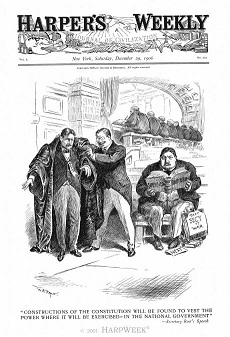 Candee moved to Guthrie, Oklahoma, for several years, writing regularly for periodicals back east. It was around this time she published her first two books – How Women May Earn A Living and An Oklahoma Romance. The first became a landmark in women’s literature (a subject for another time) and the second – her only work of fiction out of the many successful books she’d continue to write – helped publicize and glorify life in the recently opened territory.
Candee moved to Guthrie, Oklahoma, for several years, writing regularly for periodicals back east. It was around this time she published her first two books – How Women May Earn A Living and An Oklahoma Romance. The first became a landmark in women’s literature (a subject for another time) and the second – her only work of fiction out of the many successful books she’d continue to write – helped publicize and glorify life in the recently opened territory.
It may have been based on personal shenanigans as well, but it used to be a lady didn’t come out and confess such things, so…
Somewhere in the midst of this she wrote the piece with which I’m so enamored, along with numerous others I’m currently tracking down.
She went on to become an expert on world travel and, um… tapestries… and served as a volunteer nurse in the Great War overseas. She passed just short of her 91st birthday in 1949.
The event for which she’s most remembered is not one directly related to her writing, however glorious. She was on the Titanic when it sank on April 15, 1912. Her written recollections are some of the most memorable and quoted of various survivor accounts, and her unpublished memoirs seem to have inspired a few of the key scenes in that DiCaprio film some of you may recall.

There was this younger man, see, and a love triangle, and this glorious epiphany standing on the bow…
None of which, in my humble opinion, compare to the glory of her account of opening the Unassigned Lands in O.T. I mean, that flashy stuff is all fine and well, but anyone can break their ankle leaping onto a lifeboat. Few can capture so much humanity in so few words as a passage like this:
The lands about to be opened are some that have long been coveted by the white men. Greed of land grows on those who hold it.
Oooohhhh… do you feel the truth tickling your innards? I sure do.
The Wichita Mountains have long been like the promised land to the people of the Southwest, and as a rider reaches a hill-top of the rolling prairie, he exclaims, with extended arms: “See! That’s the Wichita range! Beautiful mountains, and they say they’re full of gold and silver, copper and zinc, with some outcroppings of coal and traces of oil.”
‘Full of gold and silver’ might have been a bit optimistic, but copper and zinc was spot on. Can’t believe she didn’t work in something poetic about lead as well. Hello!
Ironically, it would be coal and oil – here almost afterthoughts – which would soon thereafter drive the mineral boom in Oklahoma.
But not yet.
 At that moment, it was still all about land – farming, growing, raising, living land. And this was it. Everything else was pretty much taken. The bar was closing and the men outnumbered the women 3 to 1. Time to make your play.
At that moment, it was still all about land – farming, growing, raising, living land. And this was it. Everything else was pretty much taken. The bar was closing and the men outnumbered the women 3 to 1. Time to make your play.
And so, to get these lands, a bill was formed, but it stuck in the process at Washington. Then one day, as a surf-boat rolls safely up the beach on a big comber, the bill went through as a “rider” on a greater bill, and the opening of the new lands was made a certainty.
If there’s one thing that resonates with Oklahomans, it’s a good boating metaphor. Must be a Northeasterner thing.
And imagine a time period in which major acts of Congress were unable to get passed the traditional way, so they were stuck onto completely unrelated legislation no one could afford to vote against and passed without some even realizing what they were supporting!
Back in the day, I mean. Long, long ago.
Surveyors have been all over their surface now, and it is marked off into a checker-board of squares miles, each one containing four farms of one hundred and sixty acres – or a quarter-section, after the manner of the West.
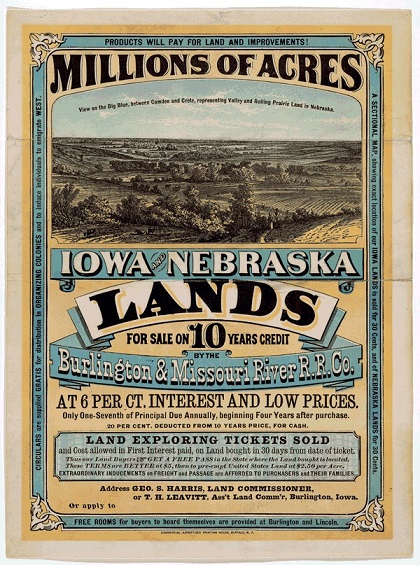 The allotment size was consistent with the Homestead Act from way back in 1862, signed by Lincoln during the Civil War. This was considered a sufficient spread to allow a homestead and plenty of planting land. A free man working without modern equipment would be unlikely to cultivate more than this productively.
The allotment size was consistent with the Homestead Act from way back in 1862, signed by Lincoln during the Civil War. This was considered a sufficient spread to allow a homestead and plenty of planting land. A free man working without modern equipment would be unlikely to cultivate more than this productively.
It was this same Homestead Act which the ‘boomers’ had repeatedly referenced as evidence they deserved a shot at the ‘surplus’ lands in Indian Territory.
The size of the Kiowa and Comanche tract is 2,968,893 acres. This, as the merchants say, is gross: the net number of farms which are offered to those who wish to make a hazard for new fortunes is about 10,000 of a quarter-section each. That means the redemption of ten thousand men, their fortune assured if they are made of the stuff that can labor and struggle for two or three initial years.
Redemption. That’s what it was all about for many.
Three-quarters of a century before, Mexican Texas had been the land of new beginning – escaping your own past, whether it meant legal entanglements, failed relationships, or political embarrassment, and starting anew in a seemingly unlimited Eden. The glories of Manifest Destiny had carried others to California, Oregon, and gradually filled in even much of the Great Plains.
Now the frontier was ‘closed’, or at least not nearly as frontier-ish as it had been, and hungry homesteading eyes turned to Oklahoma.
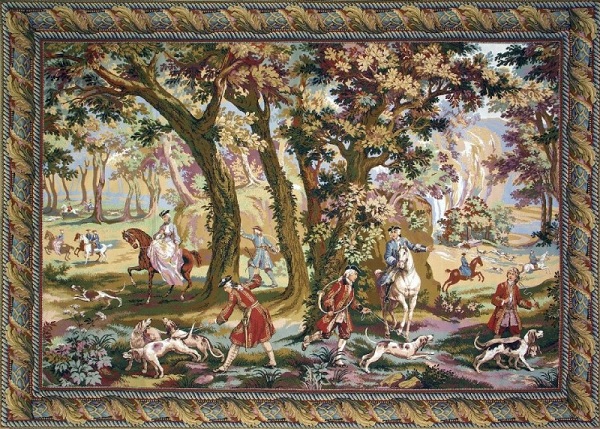 How many others in that generation and prior had taken their shots, staked their claims, virtually everywhere else in the West? Those waiting now were the also-rans, the coulda-beens, desperate for one last chance at stepping into the role of Yeoman Farmer in the most democratic manifestation of the ideal. Redemption? Maybe so.
How many others in that generation and prior had taken their shots, staked their claims, virtually everywhere else in the West? Those waiting now were the also-rans, the coulda-beens, desperate for one last chance at stepping into the role of Yeoman Farmer in the most democratic manifestation of the ideal. Redemption? Maybe so.
‘Their fortune assured’? The American Dream was immutable law still at this late date. Perhaps some of this faith was galvanized by desperation, but it guided both policy and personal choices well into the 20th century.
It won’t last – at least not in the same form. The Dust Bowl and Great Depression would contradict all holy truths about hard work and good choices leading to independence and relative prosperity. But not yet.
They still believed.
The remaining acres of the reservation, amounting to nearly half, are disposed of in a way which treats considerately both Indian and white settler. Each of the 2,900 Indians is to have an allotment of one hundred and sixty acres, and these Indians are to choose themselves before the gates of the country are opened for the rush. In addition, 480,000 acres are allowed for Indian pasture. Fort Sill has a front lawn and back yard of 60,000 acres out of the tract, and about three hundred and thirty thousand acres make up the amount of land set aside for the support of schools and colleges. This disposes of the Kiowa and Comanche country.
‘Disposes’ is right. The issue of land allotment among the tribes deserves a separate post. It is difficult for Anglo minds to fully process why this was effectively the final wave of cultural genocide. “Oh my god – they gave the Indians title to their own property! How horrible!”
Yeah, yeah, white boy. Your culture is awesome, Indians were stupid, you were doing them a favor, blah blah blah. More on that next time.
Note, that ‘these Indians’ get to ‘choose themselves’ before everyone else – almost like it’s an unfair advantage of some sort. Hey – what can go wrong when you have a choice?
[[{“type”:”media”,”view_mode”:”media_small”,”fid”:”1573″,”attributes”:{“alt”:””,”class”:”media-image”,”typeof”:”foaf:Image”}}]]
“It’s the Stay Put Landalot Man.”
Everything is now in readiness, and awaits the proclamation of the President, which is to declare the gates open, and which will say in effect, “Run in, my children, and help yourselves, but remember that only one grab is allowed for each.”
*pause*
Cynical as I am, I’m not entirely immune from the gilded glory inherent in a good land run. Condee gives me chills with this one.
Then reality comes back.
RELATED POST: A Chance In Oklahoma, Part I
RELATED POSTS: 40 Credits & A Mule, Parts I – VII
RELATED POSTS: Boomers & Sooners, Parts I – V

